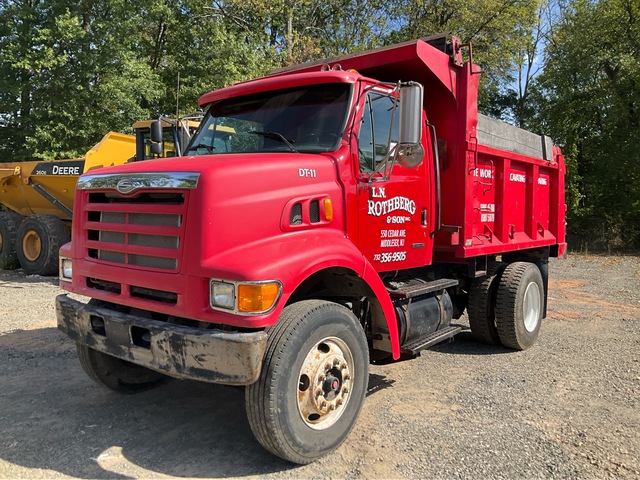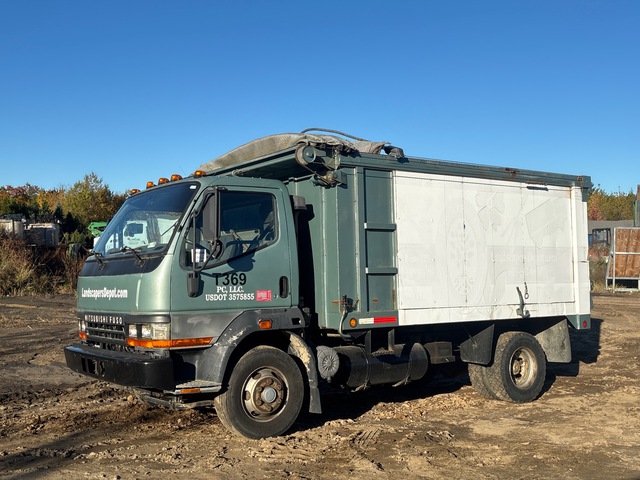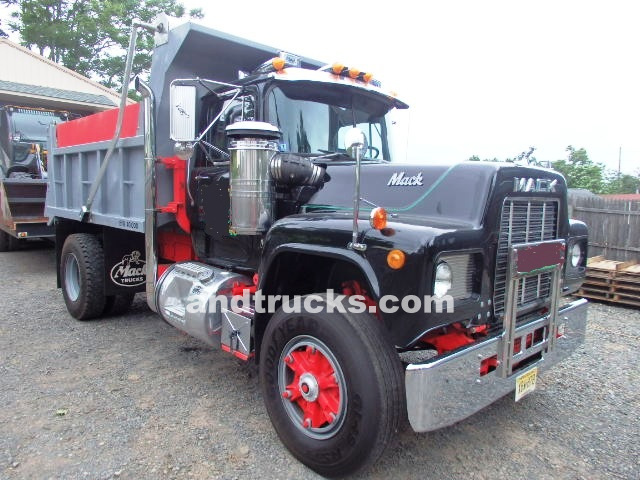Find Single Axle Dump Trucks for Sale Near Me | Local Listings
Find Single Axle Dump Trucks for Sale Near Me | Local Listings
If you’re on the hunt for a single axle dump truck for sale, you’ve come to the right place. Finding the right truck locally can feel like a daunting task, but with the right approach and knowledge, you can locate a reliable machine that fits your budget and job requirements. This guide is designed to cut through the noise and give you a clear, step-by-step roadmap for finding the best local listings for single axle dump trucks. We’ll cover everything from what to look for in a used truck to how to negotiate a fair price, ensuring you make a confident and informed purchase.
Why Choose a Single Axle Dump Truck?
Single axle dump trucks are the workhorses of many construction, landscaping, and small contracting businesses. Their popularity isn’t by accident. Compared to their tandem-axle counterparts, these trucks offer significant advantages for specific operations. Their primary benefit is maneuverability. Navigating tight job sites, residential neighborhoods, or crowded city streets is far easier with a single axle truck. This agility can save you precious time and reduce driver stress on every job.

Furthermore, operational costs are often lower. With fewer tires to maintain and replace and a generally simpler drivetrain, maintenance can be more straightforward and less expensive. For many small to medium-sized hauling tasks—such as delivering gravel, topsoil, or demolition debris—a single axle dump truck provides the perfect balance of payload capacity and practical usability. It’s a versatile tool that, when chosen correctly, becomes a profitable asset to your fleet.
Key Features to Inspect Before You Buy
When you’re looking at local listings for a single axle dump truck, it’s crucial to look beyond the price and photos. A thorough inspection can save you from costly repairs down the line. Here are the critical areas to focus on:
- The Hydraulic System: This is the heart of the dump function. Check for any signs of hydraulic fluid leaks around the pump, cylinders, and hoses. Operate the dump bed through its full cycle. It should raise and lower smoothly without unusual noises or jerky movements.
- The Frame and Body: Look for rust, especially in areas where moisture can collect. Surface rust might be acceptable, but structural rust or rot is a major red flag. Inspect the dump body floor and sides for excessive wear or cracks.
- Engine and Drivetrain: Listen for any knocks or puffs of smoke on startup. Check the transmission for smooth shifting. Ask for maintenance records to verify oil change intervals and any major work done.
- Tires and Brakes: Uneven tire wear can indicate alignment issues. Check the brake pad thickness and inspect the drums for cracks or deep scoring.
Single Axle vs. Tandem Axle: A Quick Comparison
Choosing between a single and tandem axle dump truck depends entirely on your needs. To help you decide, here’s a straightforward comparison based on key operational factors.
| Feature | Single Axle Dump Truck | Tandem Axle Dump Truck |
|---|---|---|
| Maneuverability | Excellent for tight spaces | Less maneuverable |
| Payload Capacity | Lower (typically 10-13 tons) | Higher (typically 16-20+ tons) |
| Initial Cost | More affordable | Higher purchase price |
| Operating Costs | Generally lower (fewer tires, etc.) | Generally higher |
| Ideal Use Case | Residential jobs, small projects | Large-scale construction, heavy loads |
Where to Find Reliable Local Listings
Knowing where to look is half the battle. While a simple web search for “single axle dump trucks for sale near me” is a good start, you should cast a wider net to find the best deals.
- Online Commercial Truck Marketplaces: Websites like Truck Paper and Commercial Truck Trader are industry standards. They allow you to filter searches by axle configuration, location, price, and more.
- Local Dealerships: Don’t underestimate the value of visiting local heavy-duty truck dealers. They often have quality used inventory and may offer warranties or financing options.
- Industry-Specific Auctions: Both online and in-person auctions can be a source for good deals. However, it’s essential to do your homework and, if possible, inspect the truck beforehand.
- Word of Mouth and Networking: Sometimes the best trucks are never officially listed. Let other contractors in your area know you’re in the market.
Expert Tips for a Smart Purchase
After a decade of evaluating trucks, I’ve seen all the common pitfalls. Mike O’Connell, a certified heavy equipment mechanic with over 20 years of experience, emphasizes one thing above all: “The number one mistake buyers make is skipping the pre-purchase inspection. A few hundred dollars spent on a professional mechanic can save you thousands in unexpected repairs. They can spot issues with the frame, engine, and hydraulics that an untrained eye will miss.”
Always take the truck for a test drive, loaded if possible. This will reveal issues with the engine, transmission, and brakes that aren’t apparent when the truck is empty. Also, verify the truck’s Gross Vehicle Weight Rating (GVWR). According to a 2022 report from the Federal Highway Administration, weight compliance is a leading cause of roadside inspections and violations. Ensuring the truck’s capacity aligns with your typical loads is critical for legal and safe operation.
Frequently Asked Questions (FAQ)
Q: What is a realistic budget for a used single axle dump truck?

A: Prices vary wildly based on age, condition, and location. For a decent, road-ready used model, you can expect to spend anywhere from $35,000 to $80,000. Highly specialized or newer models will command higher prices.
Q: How important is a maintenance history?
A: Extremely important. A well-documented service history is a strong indicator of a truck that has been cared for. It’s often worth paying a premium for a truck with complete records over a cheaper one with an unknown past.
Q: Can I use a single axle dump truck for heavy materials like rock or concrete?
A: Yes, but you must be mindful of the payload capacity. A single axle truck has a lower legal weight limit than a tandem. You will hit the maximum weight limit with a much smaller volume of dense materials like rock. Always check the GVWR and calculate your loads to avoid overloading.
Sources & Further Reading:
1. Federal Highway Administration (FHWA) – Vehicle Size and Weight Regulations: https://www.fhwa.dot.gov/policyinformation/statistics/2022/

2. Commercial Truck Trader – Buying Guide: https://www.commercialtrucktrader.com/









